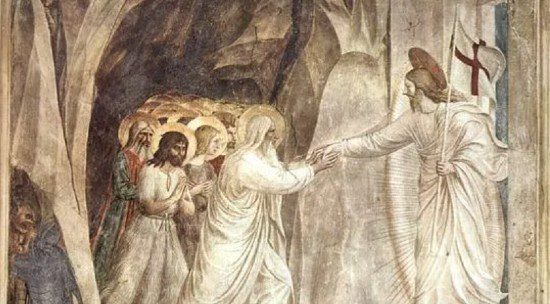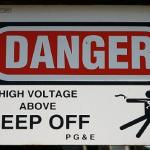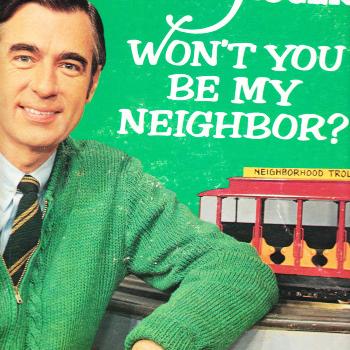First, the literal setting free of literal captives. Here is Kareem Shaheen on “Dawn in Damascus“:
How do you distill the meaning of what happened in the last 10 days, as Syria’s rebels staged the greatest insurgent comeback in history to end 60 years of Baathist rule? How do you distill the liberation of Aleppo, one of the world’s oldest cities? How do you describe the freeing of Hama, a city that has been so thoroughly traumatized by Rifaat al-Assad’s rampage in the 1980s that it has waited 40 years to grieve its men, women and children? How do you capture the emotional resonance of watching church bells ring in Christian Sahnaya to the tune of “One, one, one, the Syrian people are one?” Or the sonorous tones of the deceased prominent rebel and former goalkeeper Abdel Baset al-Sarout singing the revolutionary song “Jannah Jannah” echoing in the heart of Umayyad Square in Damascus? The chants of hundreds of thousands gathered in Assi Square in Hama and around the Homs Clock Tower?
How do you capture the tears of a mother or father seeing their son for the first time, exiled for a decade and returning as a liberator, the military prowess shed at the door as he kneels to kiss his parents’ feet and weep with abandon?
The sheer joy and suffering on the faces and in the eyes of the thousands of detainees freed from Assad’s dungeons after 10, 15, 20, 40 years without a breath of fresh air, robbed of dreams, robbed of meaning, in the service of … well, nothing in the end. Assad fled. Not a word to his followers who fulfilled their pledge of burning their country in pursuit of maintaining his criminal narco-state.
They really did burn the country. Half the population displaced, countless people held in a network of Stalinist dungeons augmented by a toxic surveillance state that pitted wife against husband, brother against sister, father against son. A punitive system that invented over 70 different ways of torturing prisoners. Over 400,000 dead. Thousands killed in chemical attacks. Thousands more killed with barrel bombs, barrels filled with TNT that were so inaccurate they had to be dropped far behind rebel lines on civilians in bread lines so they didn’t accidentally kill their own troops. Persistent and paralyzing fear. A refugee crisis that reshaped Western politics. Created the conditions for the establishment and flourishing of the Islamic State. It is very difficult to conceive of something worse that could come after.
The unruly coalition of disparate forces opposed to the cruel, tyrannical dictatorship of the Assads includes a variety of groups that make it not-so-difficult to conceive of something bad that could come after. But that is the next story. This story — the long, very bad, inhuman rule of a dictator — is now ending. And regardless of the next story and the trials and troubles that may bring, the downfall of Assad and the literal emptying of his literal prisons is a Good Thing.
For more of a straight news report on the downfall of the Assad regime, see here: “President Bashar Al-Assad Has Fled Syria and His Brutal Regime Is Finally Over.”

And here is a discussion of metaphorical prisons: W.H. Auden’s review of The Sopranos:
The gates of Hell are always standing wide open. The lost are perfectly free to leave whenever they like, but to do so would mean admitting that the gates were open, that is to say that there was another life outside. This they are afraid to admit, not because they get any pleasure from their present existence, but simply because the life outside would be different, and if they admitted its existence they would have to lead it. They know all this. They know that they could leave and they know why they don’t. Their knowledge is the flame of Hell.
That’s actually, I think, from Auden’s notes to his “New Year Letter,” a quotation brought to our attention by David Dark. But it also is, more or less, my review of The Sopranos. It’s all blasphemous, extrabiblical, pop-culture nonsense, of course.
(The folklore-posing-as-doctrine of “Hell” is blasphemous, extra-biblical nonsense I mean. Not The Sopranos, which was an excellent, if heavy-handed, meditation on the kind of thing Auden was getting at above.)













